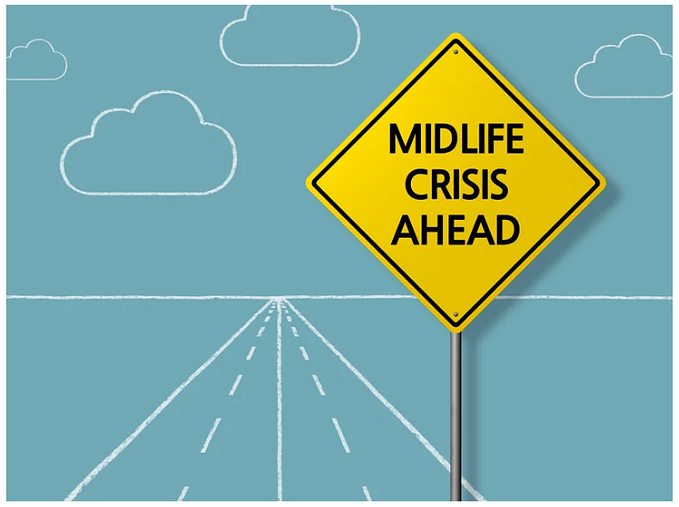Member-only story
Cognitive Journaling: A Systematic Method to Overcome Negative Beliefs
A complete system for using principles of cognitive behavioral therapy to overcome your own problematic emotions and behaviors

Working on myself and with my patients, I see firsthand that it’s not easy to practice self-reflection while staying objective. You often end up staying at the same level of thought of the problems you are analyzing. You enter a debate with your mind, and you keep buying into your own stories.
To get around this problem, I developed a new journaling style based on core ideas from cognitive psychology. The result is a repeatable process that you can use to increase your self-awareness, challenge your assumptions, and experiment with new types of thinking.
Where do my ideas come from?
I am a licensed medical doctor from Europe, and I am close to finishing my residency in psychiatry. I am currently working in a center for depression and anxiety. My daily routine consists of prescribing medication and helping patients unravel their thinking.
I also have been undergoing personal cognitive behavioral therapy (CBT) for the past three years, with tangible benefits for my thinking skills, average mood, and general life satisfaction. CBT is a result-driven form of psychological treatment, with a rich scientific literature supporting its value in treating depression, anxiety, and most psychological problems.
I’ve been self-experimenting for most of my life, and I’ve always enjoyed cross-applying knowledge across disparate fields.
Table of ContentsWhat’s the Point of Cognitive Journaling?
- What other systems of journaling lack
- A new framework for journalingA Basic Model of How the Mind Works Based on Cognitivism
- The mind
- The ABC model of cognitionHow to Relate to Emotions, Events, and Thoughts More Skillfully
- External events
- Emotions
- Behaviors
- ThoughtsPractical Instructions for Cognitive Journaling
- Three principles of description
- Falsifiability
- Nonjudgment
- DetailThe Complete Step-by-Step…









